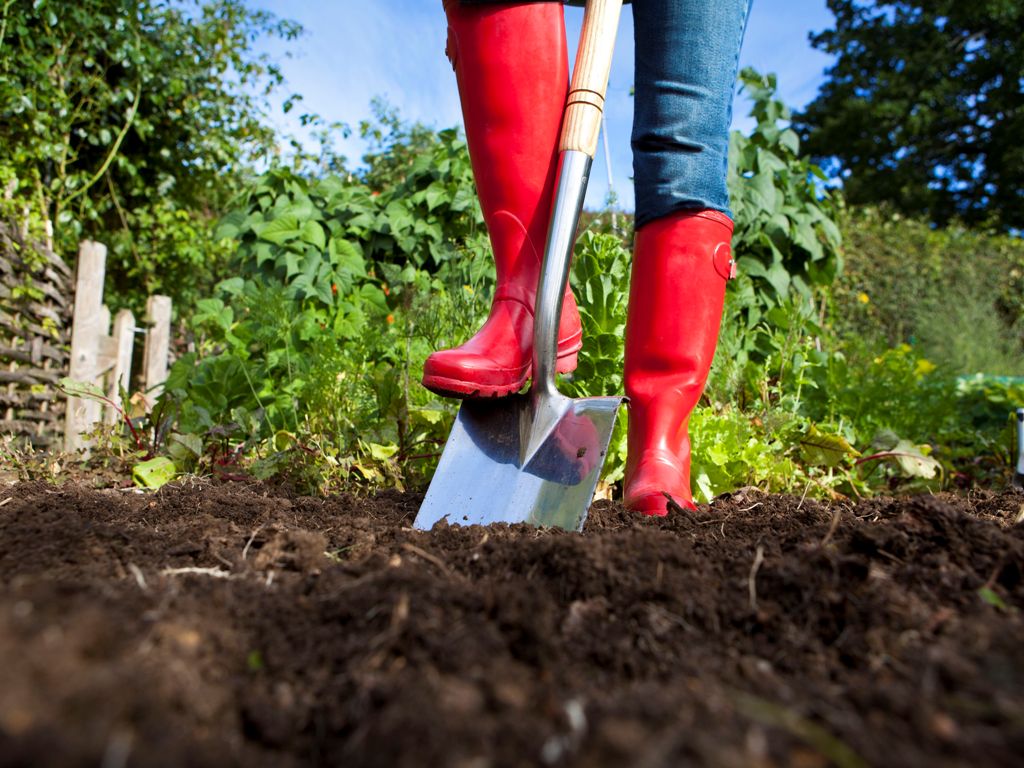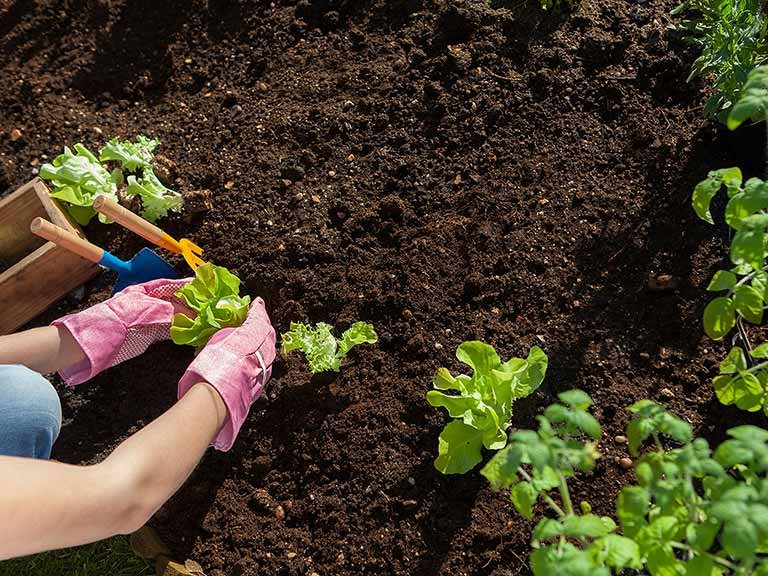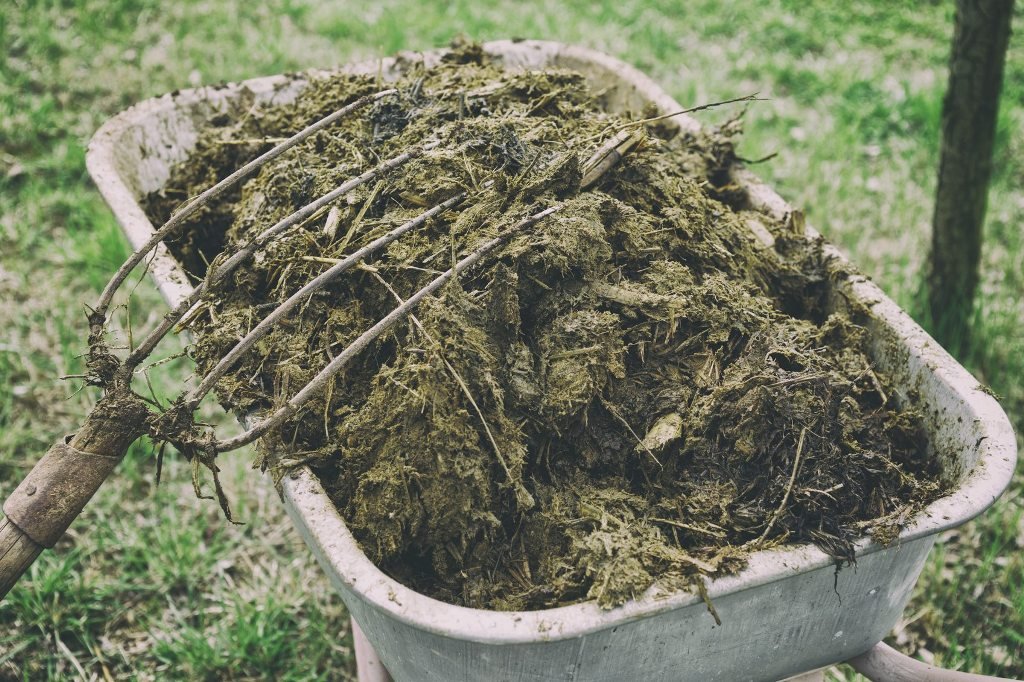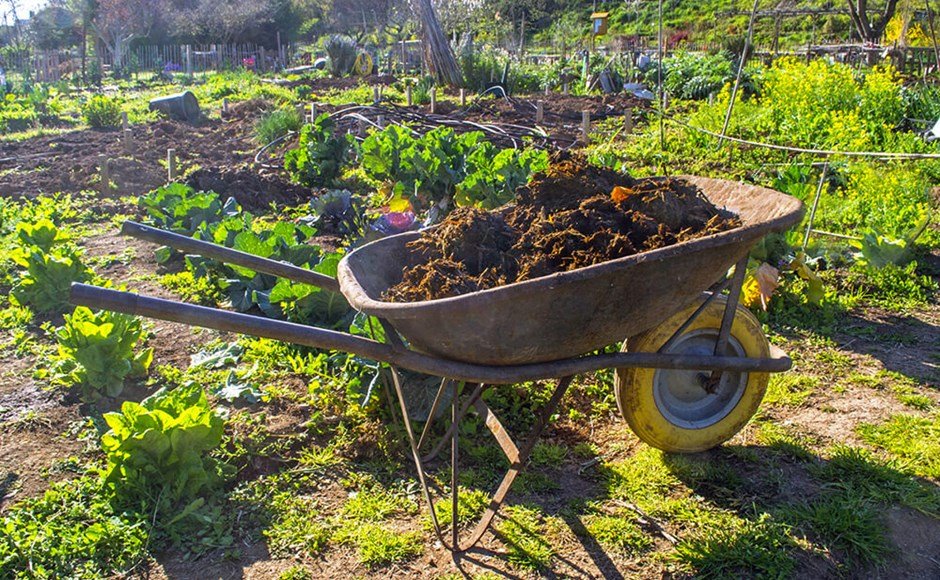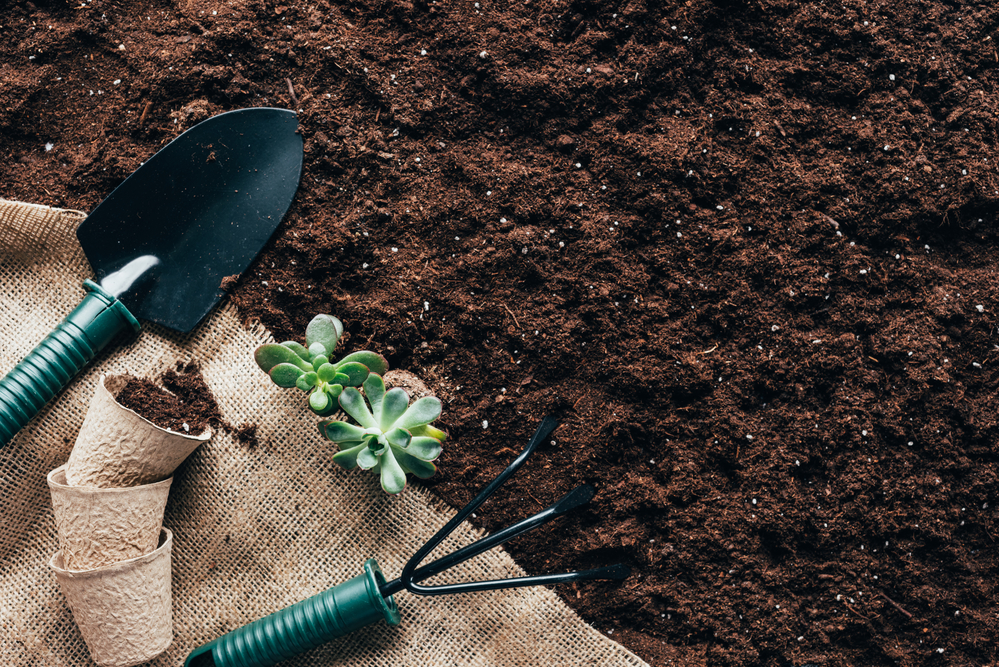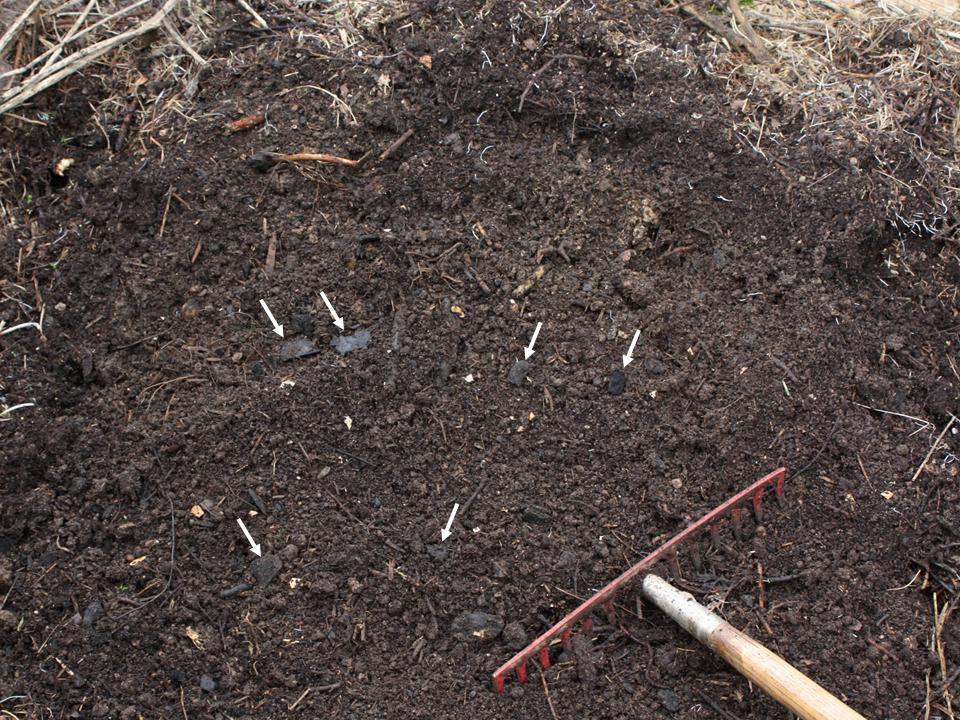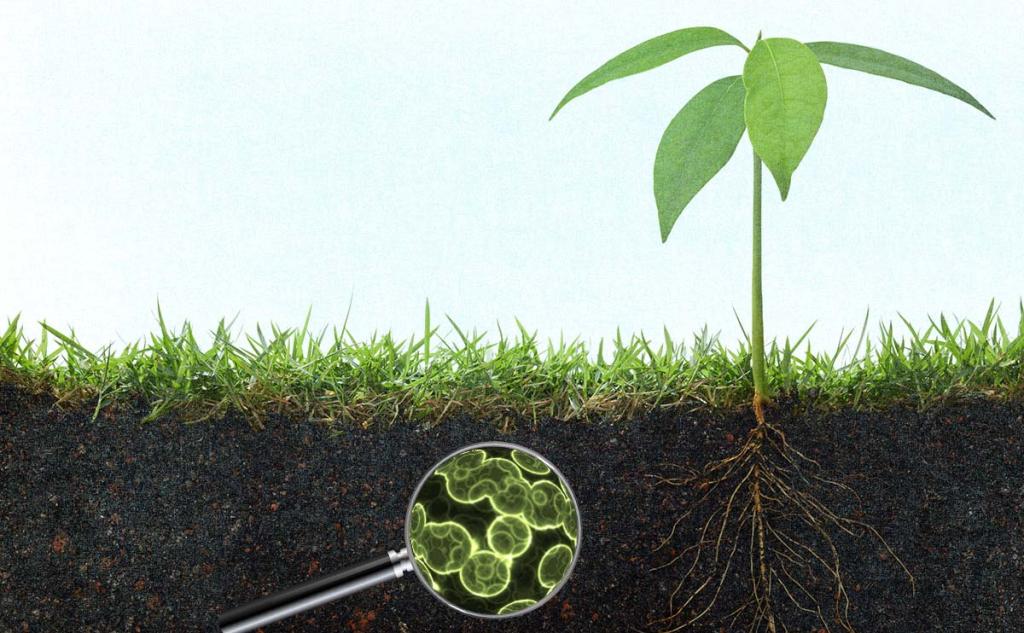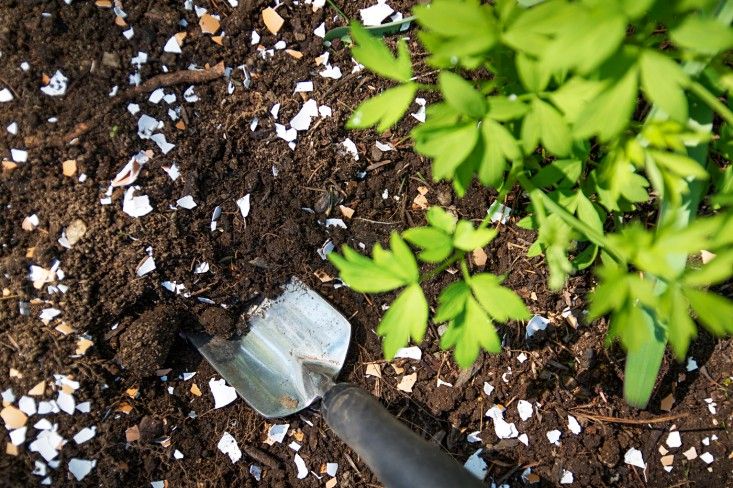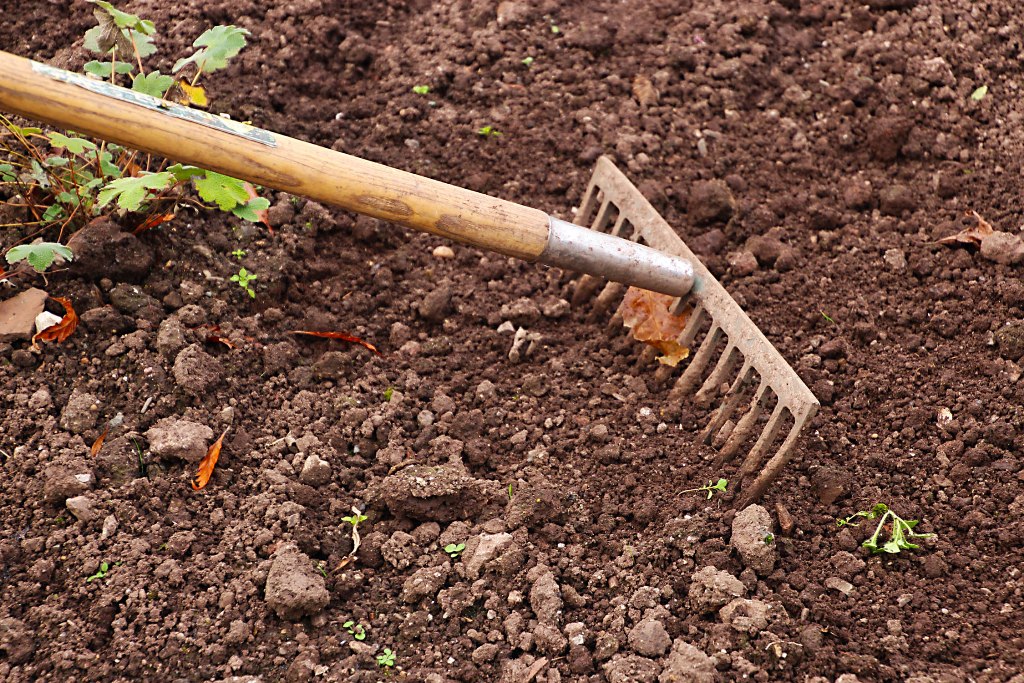Manure is liquid and solid animal waste. Different bed materials (straw, grass, sawdust) are often mixed. Animal manure is an organic substance to improve garden soil.
Why Use Manure
By combining manure and compost, certain nutrients are added and the soil texture is improved.
You can also use manure from almost all farm animals and exotic animals. Cattle, sheep, horses, and chickens are the most popular breeds, but there are others. Cats, dogs, pigs, and human manure are not used in horticulture because they can transmit pathogens that are harmful to humans
How and When to Add Manure to Your Garden
Manure, however, requires some patience. Manures are rich in nitrogen and ammonia and can burn plants on contact.
The fresh manure may also contain pathogens that can contaminate plants that can grow in the environment. The decomposition of the compost or leaves must last from at least 6 months to a year before they are ready for use in the garden. You can throw your waste in the compost pile or leave it to rot even if you want.
You can reduce the smell of fresh garbage by letting it dry and mixing it or by covering it with a small amount of dry material, such as dry paper or paper towels. The smell is stronger when the stool is stored in a sterile way, so it is better to mix it with compost instead of letting it decompose.
Some farmers supplement their farms with fresh manure in the fall and keep them separate. This works, but this is not the case with the use of waste. If you decide to test the models, the national environmental program recommends using fertilizer at least 120 days before harvesting the vegetables that enter the soil (root, litter) and at least 90 days.
Some farmers will irrigate their fields with fresh manure in the fall and let them age until winter. This works, but it is not the most frequent use of a stool. To test this model, the USDA National Organic Program (NOP) recommends applying fertilizer at least 120 days before the crop touches the soil (harvest, low leaf crop) and at least 90 days for vegetables that do not touch the soil, such as Tomatoes and peppers.
Tips for Avoiding Contamination by Manure
There is always a danger of using manure in your garden, but there are some precautions you can take to stay safe.
Do not Use Fresh Manure
In addition to the risk of contamination, the fresher the stool, the more likely it is to contain more nitrogen and ammonia that can burn the roots and even prevent seed germination. If the stool is from an animal that feeds the plants, it can also be filled with weed seeds that are not prevented from germinating.
If you want to use fresh manure, do not apply it after planting in the garden. The U.S. Department of Agriculture recommends a widened window 120 days before harvest and eating vegetables exposed to the land. This includes all products grown underground (beets, carrots, potatoes, beets, etc.) and everything sits on the ground, like lettuce, spinach, and even crops like cucumbers and zucchini. You can apply fresh fertilizer 90 days before picking vegetables far enough from the ground, and it won’t spill anything, but be careful.
Find Other Ways to Use Manure in the Garden
Use manure as a fertilizer as a soil conditioner. In the fall, add fresh fertilizer for planting in the spring. It takes time to get into the soil and compost. Wait for all the vegetables to add to the soil.
Another option is to cover the composted fertilizer during the growing season. It reduces the risk of contamination of applied manure, especially if the pile is heated to 140 degrees or more. You can buy composted manure or if you have fresh manure, you can compost as well. According to Cornell University gardener Stephen Reiners, hot summer temperatures usually kill E. coli.
Ensure the Manure is Free of Pathogens
If you are buying manure, the bag should indicate whether or not it contains pathogens. Do not accept that it is composted only because it is sold as fertilizer. If you get pet manure at home, ask the farmer if the animals have had any health problems.
Use Common Sense Precautions
Wash your hands and nails before and after applying the manure. Root crops (beets, carrots, beets) and leafy vegetables (thistle, lettuce, and spinach) are the ones that will be contaminated, cleaned thoroughly, and then peeled before eating. Cooking also kills germs.
If you have suffered from foodborne illness in the past, avoid eating uncooked vegetables. Children, pregnant women, those who weaken the immune system, as well as those with chronic diseases, should avoid eating these vegetables.
Wrapping Up
Farms and zoos are the best options for finding free manure, but as gardening becomes more popular, farmers sell manure as an additional source of income. Even if you don’t give it away, it’s still cheap, especially if you have a truck that you have to pick up yourself.

